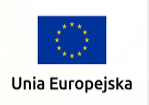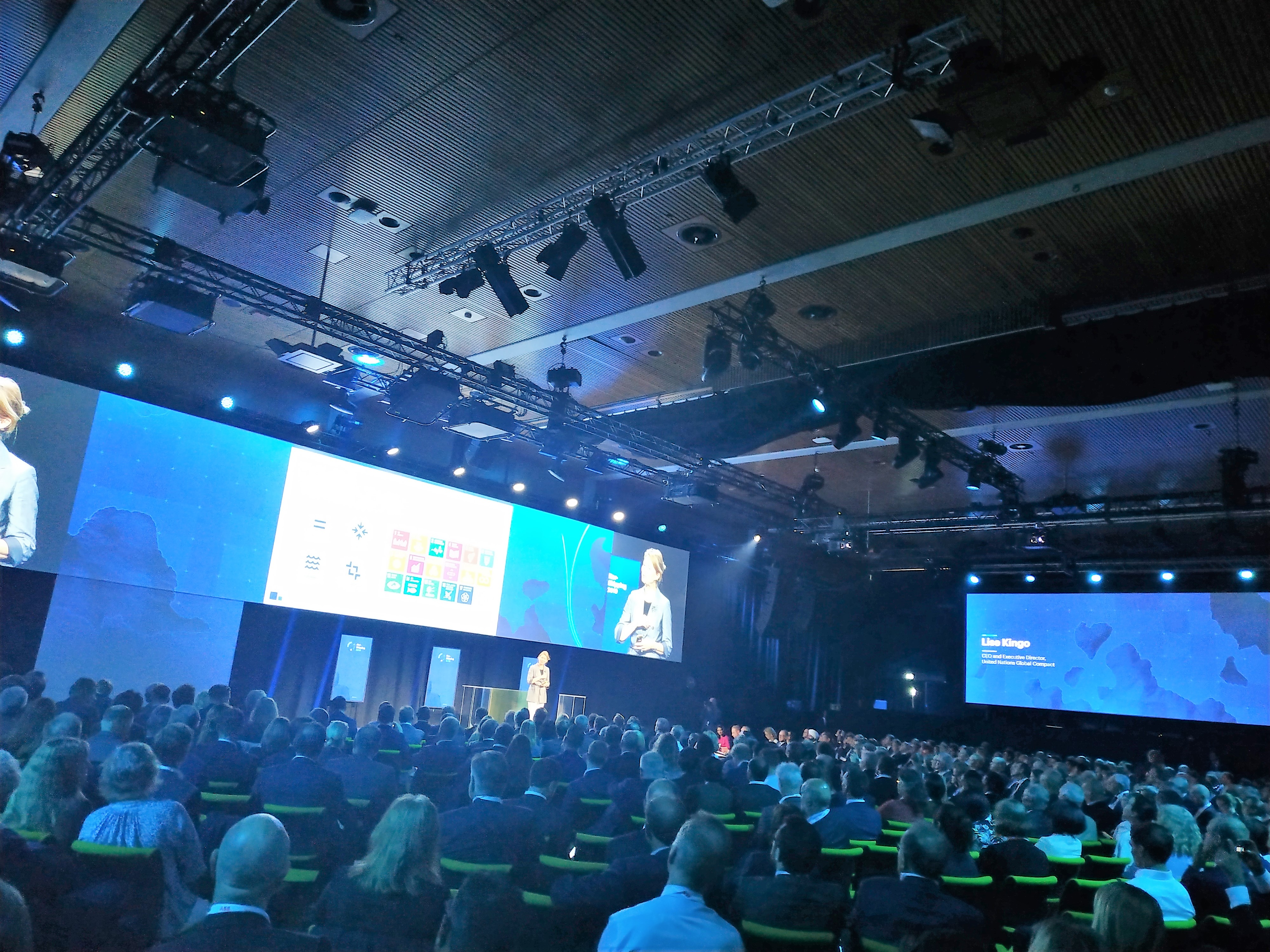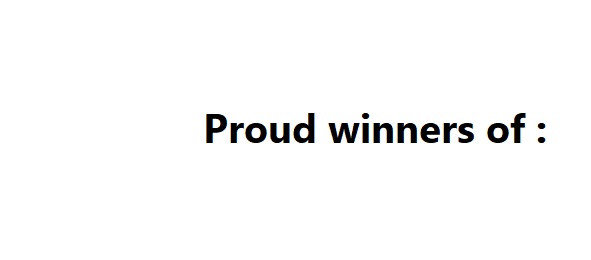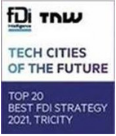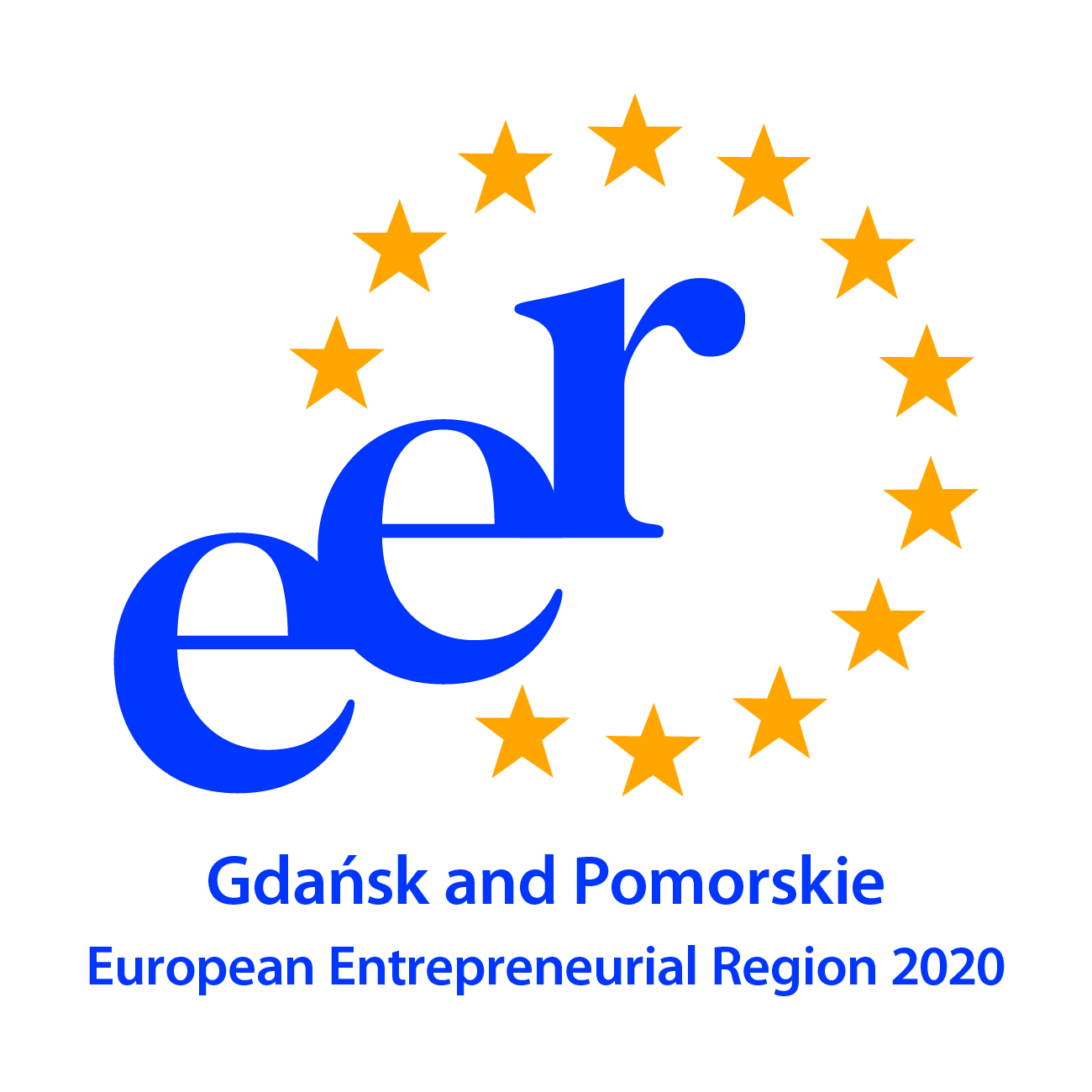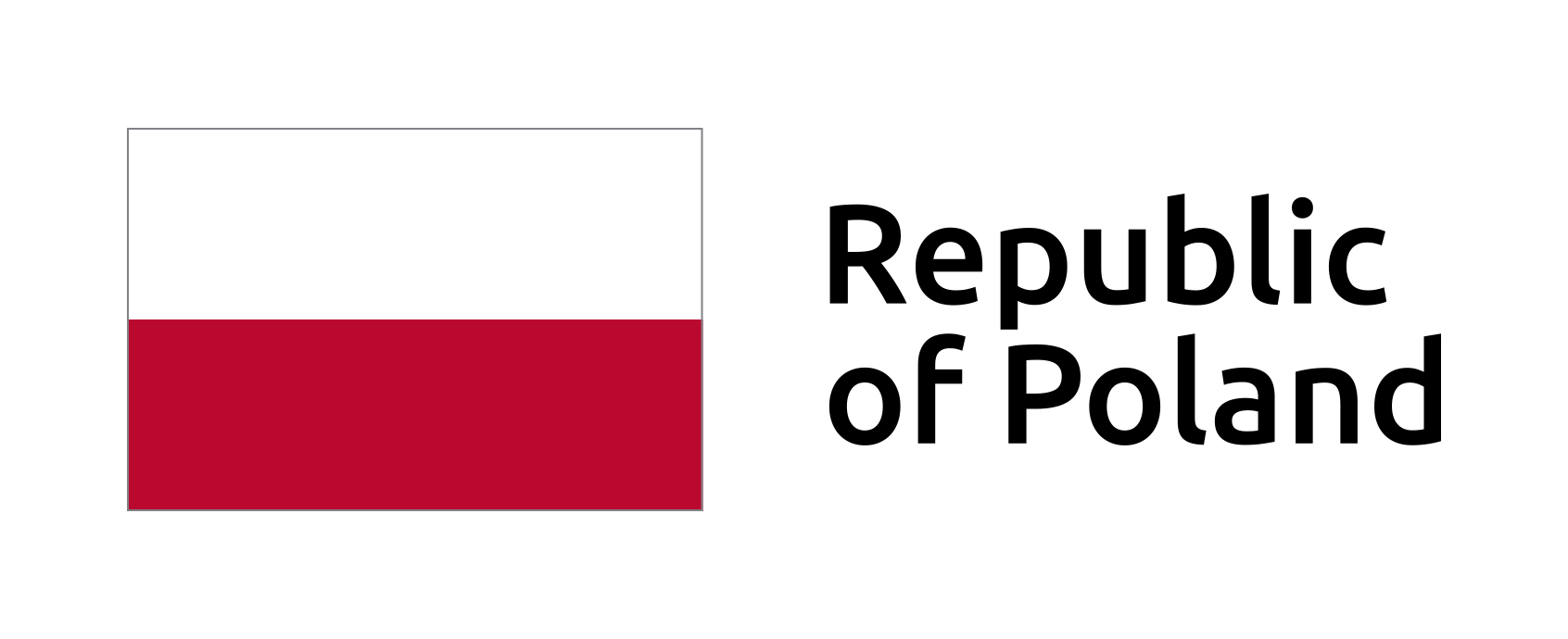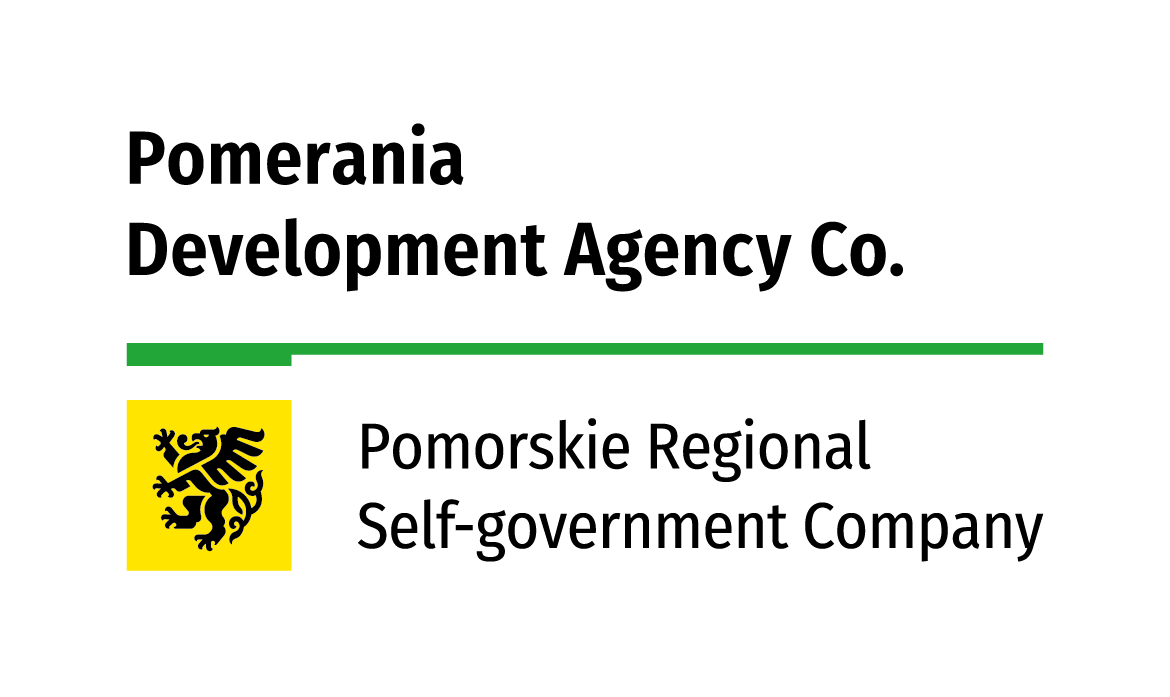Every two years Nor-Shipping gathers in Oslo over 35 thousand professionals representing all parties within the maritime business – ship owners, shipyards, service and manufacturing providers for the maritime business. This year, the key issue discussed at Nor-Shipping was the environment. For a reason.
Shipping is not blue, green, eco or whatever you‘d like to call it. Quite the contrary. 90 percent of global trade is seaborn. Every year over 90 thousand ships crossing the oceans burn 2 billion barrels of the dirtiest oil. As Financial Times states, it’s estimated that 200 of the largest ships produce as much sulphur as all the world’s cars. In order to fight the side effects of shipping, International Maritime Organization (IMO) has recently managed (after years of heavy campaigns) to introduce the new agreement that will limit the sulphur content in fuels from 3.5% to 0.5% from 2020. As a result, the greenhouse gas emission shall fall by 50% by 2050 compared with 2008. It is estimated the global economy will have to devote 1 trillion USD over the next 5 years to reach the goals set by IMO. No surprise Nor-Shipping talks focused on the environment and new technologies.
2018 Economics Nobel Prize Winner, Paul Romer stressed it’s only regulations set by states and international organizations that can change the industry. He compared that with ozone layer campaigns in the 80s – despite all the noise made by different industries to prevent necessary actions, regulatory measures were taken and situation improved. And what’s key – it was not a disruption. New solutions were adopted and so will be now with new IMO agreement.
On the other side, Ramez Naam, an American technologist previously working for Microsoft on Outlook, Explorer and Bing, delivered an inspiring insight into the potential of new technology adoption in the upcoming years. Mr. Naam talked on democratization of technologies and how it might hit some segments of the shipping business. As prices of energy production from RES keep dropping exponentially and the price of coal energy rise, 25% of global bulk cargo (responsible for coal transportation) might be in danger. Then there’s oil – the speed of e-cars introduction into the private sector and soon logistics will severely harm oil cargo shippers. As Mr. Naam said, the industry must move into the adjacent possible, such as offshore, fishing, aquaculture.
At numerous other panels, specific new technology opportunities and risks were discussed – the issues with batteries for e-ships and hybrids (too low capacity, problematic integration into old ships), advanced software for autonomous ships, hologram builds for training.
Nor-Shipping 2019 shows the maritime industry is still too conservative and not 100% ready for the changes to come. But some of the key stakeholders see that these changes bring about huge opportunities. And as Mr. Naam observed – business is like evolution. It’s not the strongest who survive, but those who finely adapt to the changing environment.
Mikołaj Trunin
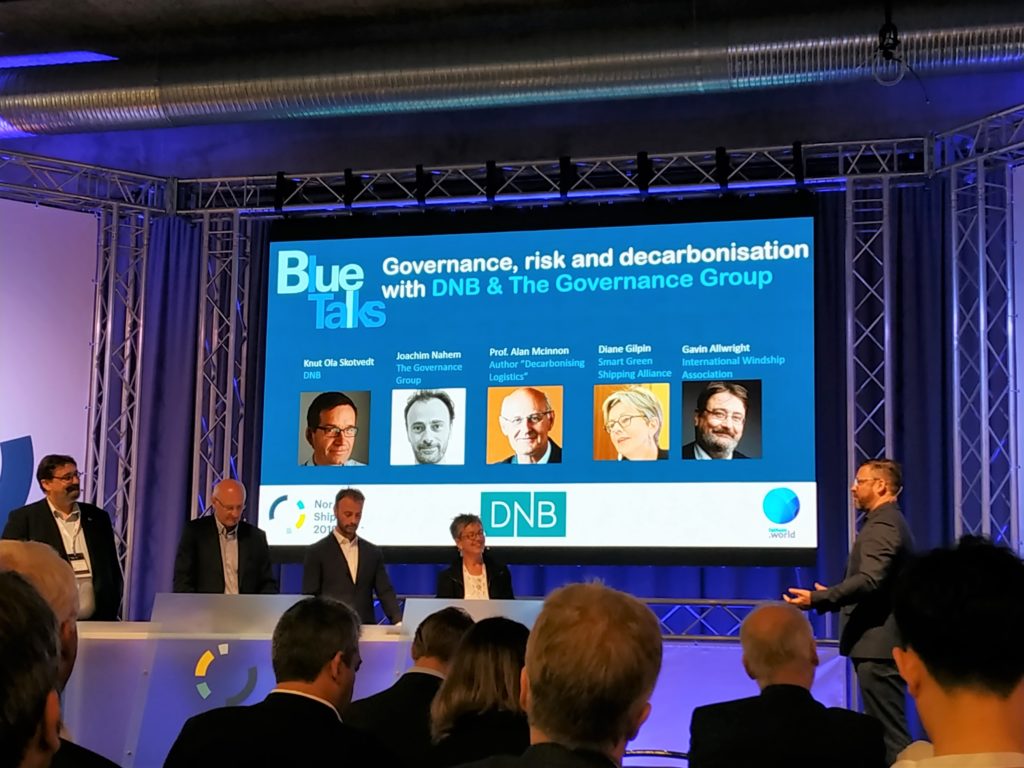
Nor-Shipping, the Europe’s largest maritime conference. 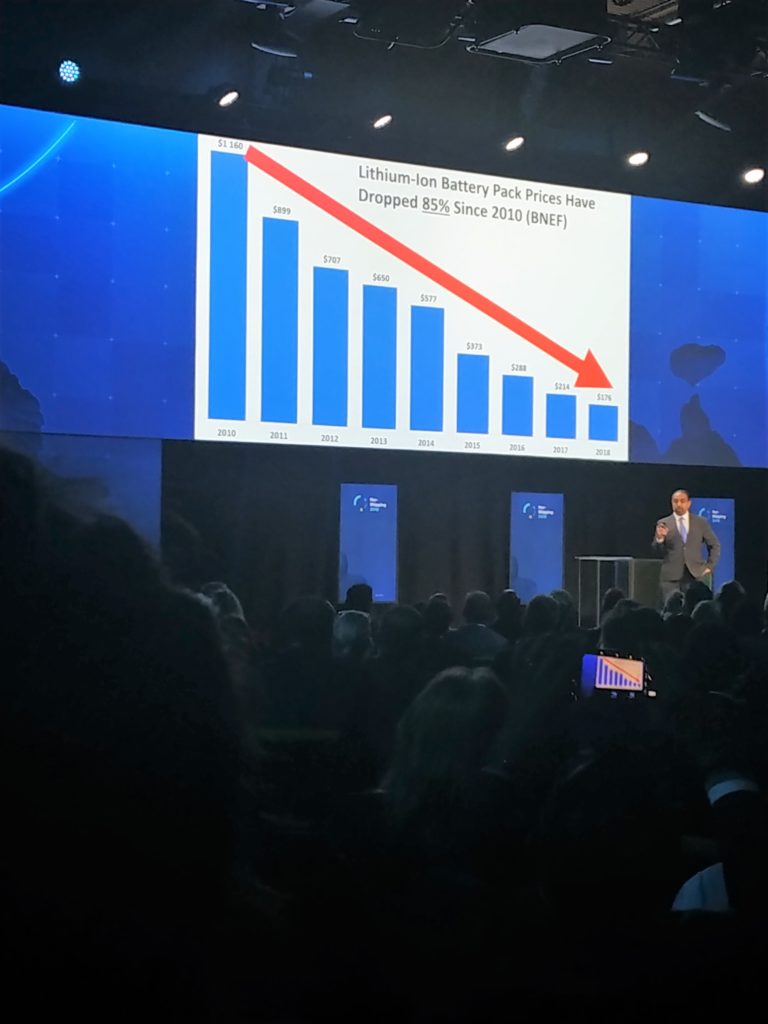
Nor-Shipping 2019 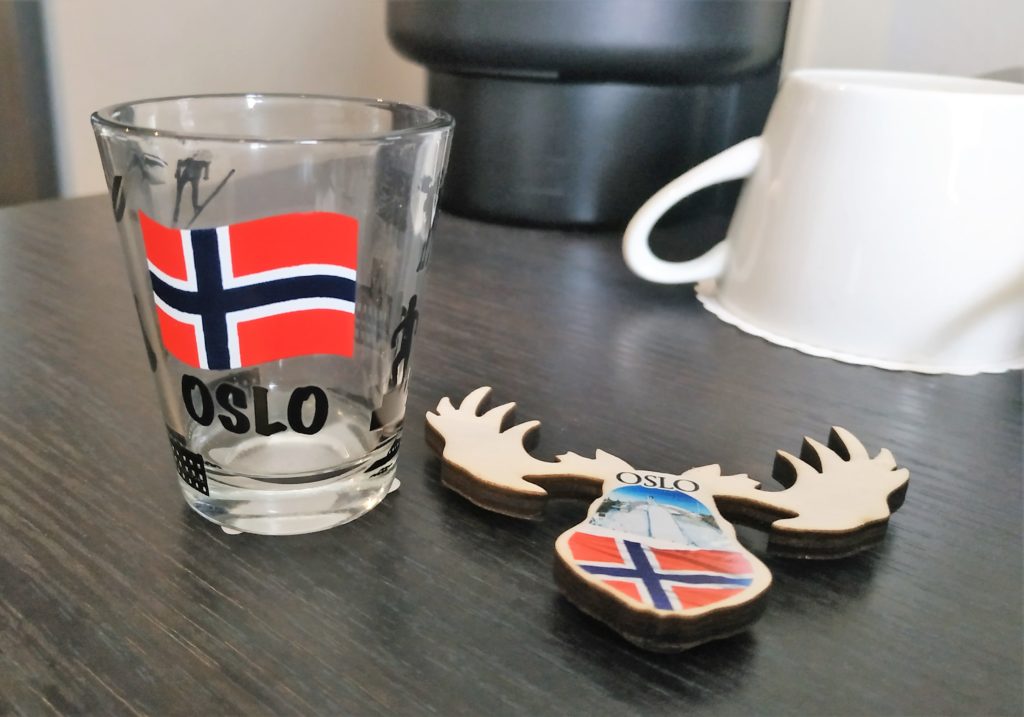
Nor-Shipping Conference is held in Oslo every second year. 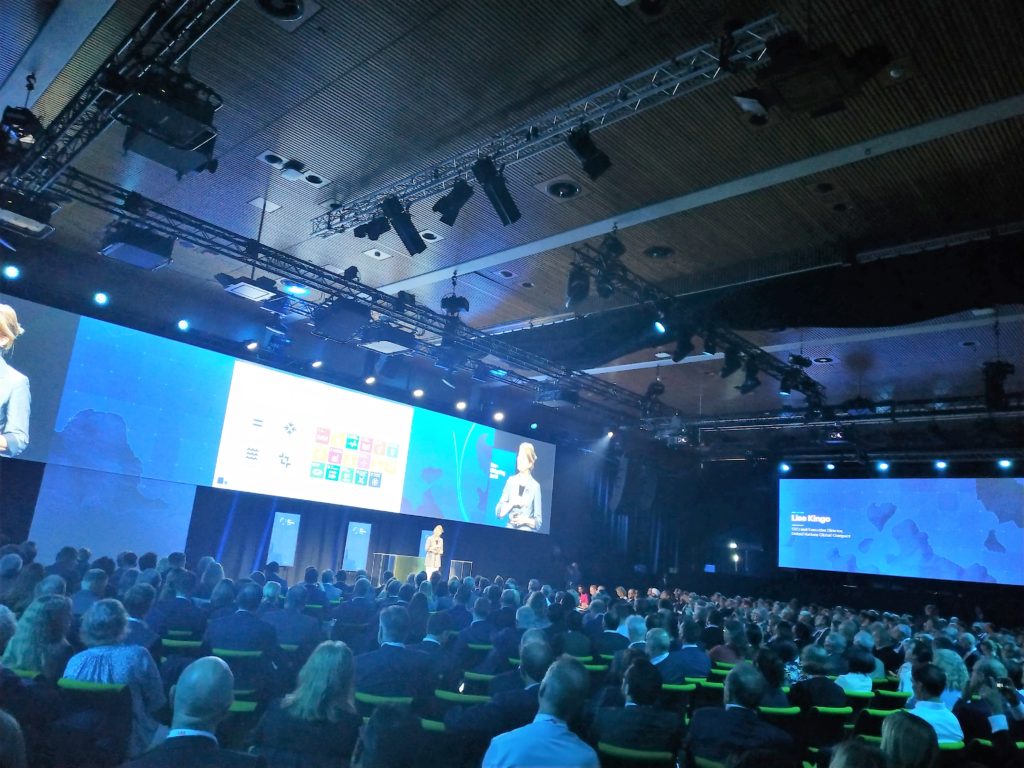
Every two years Nor-Shipping gathers in Oslo over 35 thousand professionals representing all parties within maritime business 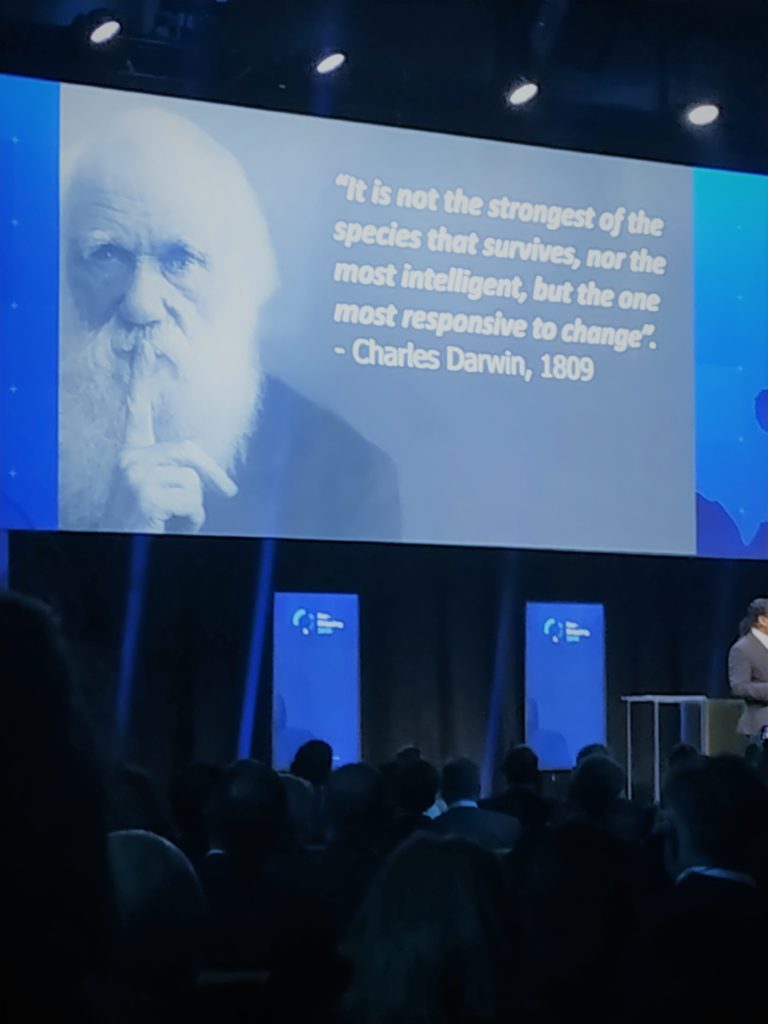
Business is like evolution. It’s not he strongest who survives, but the one who finely adopts to the changing environment.

